“Now is the winter of our discontent…”
Yes, it’s a quote from Shakespeare’s Richard III, but I’m actually referring to today, right now.
First though, let’s go back to the dark days of the 1970s.
We had strikes, countless strikes, inflation was rampant, the three-day week, the unions held the country to ransom and there was much political turmoil. Britain was even called the sick man of Europe.
Oh, hang on, that’s pretty much our current-day situation.
“And now is the winter of our discontent…”
Missing out on childhood?
Similar in so many years, yet worlds apart. The 1970s or the 2020s – which decade is better, you may ask?
Well, today of course, ie our survival rates for illness for one. And in general, we are more prosperous as a country and have more goods at our disposal than ever before.
All that said, I think, especially when it comes to childhood, the ’70s was far better.
I accept that it was a far from perfect time, for no time is, but could today’s children be missing out? Missing out on childhood?
Back in the day, there was no sugar-free, no low-fat, no gluten-free, no diary-free, or anything else free, there was just food. And we ate lots of it.
Butter was slathered onto thick slices of white bread; potatoes were roasted with lard (olive oil? You got that from the chemist and put it in your ears), sticky puddings and custard, chips, mince and tatties, milk that came in a bottle that had cream sitting on the top, butterscotch Angel Delight, Findus Crispy Pancakes, the list goes on.
And, shock horror, almost no one was overweight, especially not us kids. Sausages and beans – from a tin. I loved those. As for my five a day? Well, does tomato ketchup and peas count?
Look at our society today; weight problems have soared in children. In fact, almost 16% of our primary-one kids are not just overweight but obese.
How? Why?
Many adults, it seems, can’t cook, or can’t be bothered to cook anymore. And while I’m on the subject, if adults, many on £30,000 per year, claim they can’t afford to eat and need to go to foodbanks, why do we still throw away millions of tons of food each year?
Something’s not right here.
Foodbanks are vital
I totally accept that foodbanks are vital for some, many even, but I also passionately believe that for many, many others, it is a case of “can’t cook, won’t cook”.
In the ’70s, us kids played outside. And in all weathers. Rounders, kick the can, British bulldog, hide and seek, and kerbie. You threw a ball across a road and tried to hit the kerb with it, then catch it and get points. It was wonderful. And despite the heavy food we ate, not to mention all the sweets we consumed, we burned calories constantly.
There was no obesity problem.
I remember at my gran’s in Aberdeen, us kids ran around outside in the cul de sac until we dropped. Stopping occasionally only to run into someone’s house to get a cheese sandwich and yet another glass of fizzy drink.
The highlight of the evening was when the ice cream van came trundling along the street. We all bolted inside, got some money and then legged it down to the van. A chocolate slider for my gran, a cup thing called a Tutti Frutti for me, and a packet of cigarettes for my nan.
Yup, I was served cigarettes aged 10 by the ice cream van man.
And when did we finally come inside? When the streetlights came on. It didn’t matter where you were or with whom, as long as you were home before dark, all was well.
Can’t imagine any of this happening now…
No phones or TV
Of course, there were no mobile phones, no internet, and certainly no TV 24/7. When there was TV on for us kids, it was on for a very short time, but it was brilliant. Bagpuss and Jackanory, to name but two classics.
As for films, no iPlayer or Netflix – we went to the cinema and often queued halfway down the street to get in. It was vital to do this, for if you missed it, you might not get another chance to see that movie for years.
And once inside, no ghastly American bucket-sized popcorn was served up in the foyer. Instead, a lady came round with a tray hanging around her neck halfway through the film and us kids ran down the aisle to stand in front of her to get an ice cream. Magic.
Phones were for adults
As well as no mobiles, we didn’t even use the house phone. We never called our mates, we weren’t allowed to. Phones were for adults. Almost unthinkable a child would use the house phone.
If we wanted to contact our chums? We walked to their house, a mile or so away, to see if they were “coming out to play”.
We didn’t have “followers” on social media, we had friends, real friends.
In the back seat of the car on a long journey? No tablet or phone to watch a movie or go online, we played I Spy as dad drove on. “Are we there yet?!”
We didn’t instantly Google the answer to everything, we looked up an encyclopaedia and actually read it. It got our brains working and engaged us.
Creating our own fun
I remember space hoppers, marbles and action man, my yo-yo – always outside, always burning energy.
Takeaway food was not available 24/7 via your phone to be delivered to your door. A decadent luxury for me was a Chinese takeaway. It felt so special. Yup, Saturday night with a Chinese takeaway while watching The Generation Game, or Fantasy Island, or Ted Rogers and Dusty Bin. 321!
I remember often waking up early on a Sunday, parents still asleep. There was nothing on TV, no gadgets to steal my attention, so what to do at 7am? Easy, just go outside and create your own fun!
I rode my bike, played with my Action Man, made up imaginary situations where I was a soldier or whatever. I climbed trees and walls and clambered over fences. All on my own as no one else was up. I loved it.
Do kids do that now? Are they even allowed to? No idea.
Childhood self-harm
We have a huge problem today with children self-harming. It’s awful and almost unimaginable for me. What has gone wrong with childhood that children self-harm?
When I was a kid, “self-harm” meant when you fell off your bike because you were doing wheelies.
I am eternally grateful for never having had the internet and social media in my childhood; all that the peer pressure and getting depressed because other kids don’t “like” your profile.
Technology is a wonderful tool and has improved all our lives in countless ways. But it seems it comes at a cost. And that cost is what it has done to society, especially the lives our children lead.
If you were a kid of the ’70s, ’60s, even ’50s, count yourself lucky, for you had a proper childhood.
I really believe that many children today are missing out on something special – their childhood.
Childhood should be a time of innocence and fun. In general, we are richer and safer than ever before, and most kids have a level of consumer luxury most of us didn’t have. Yet, so many children and teens are either overweight or stressed, depressed and even suicidal.
Something has gone drastically wrong with our society.
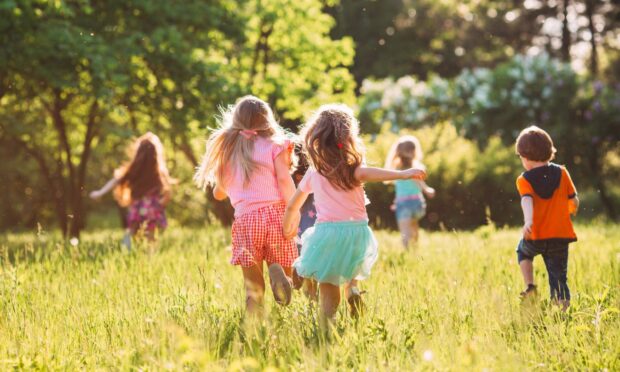
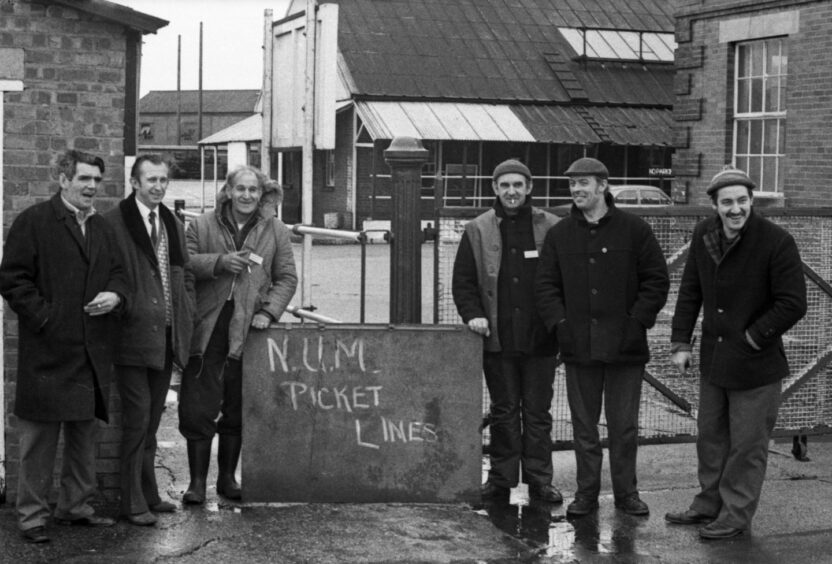
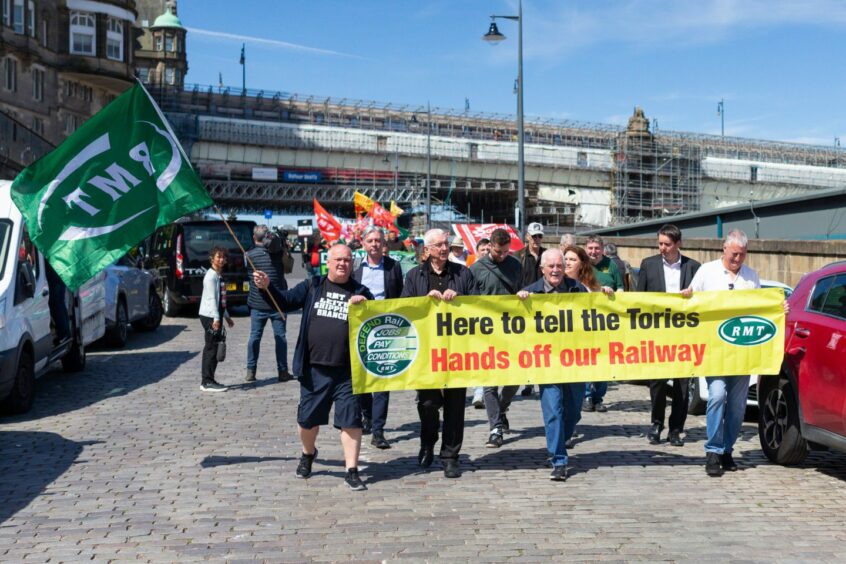
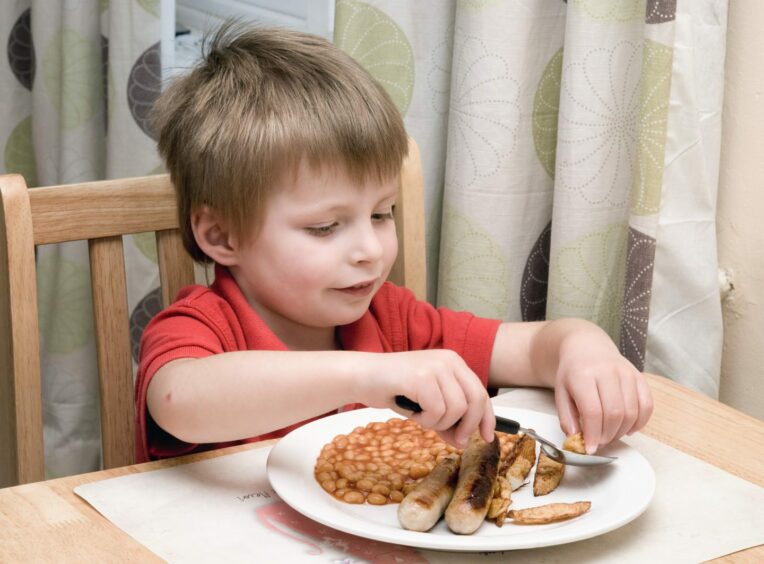
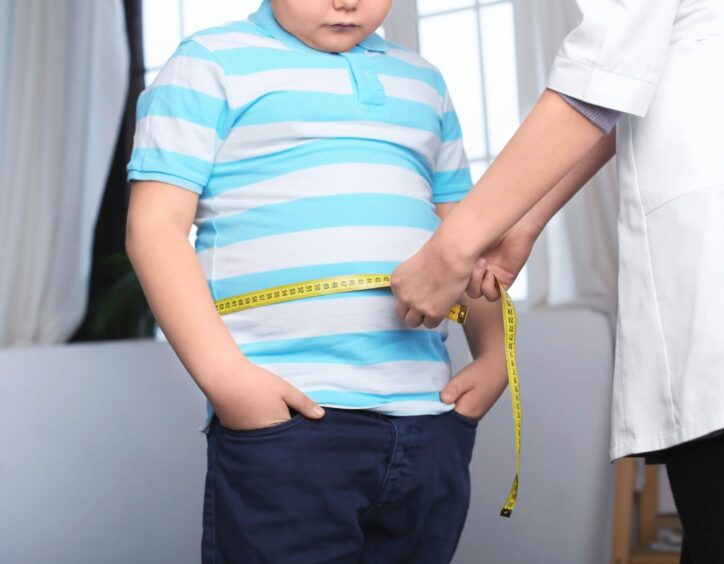
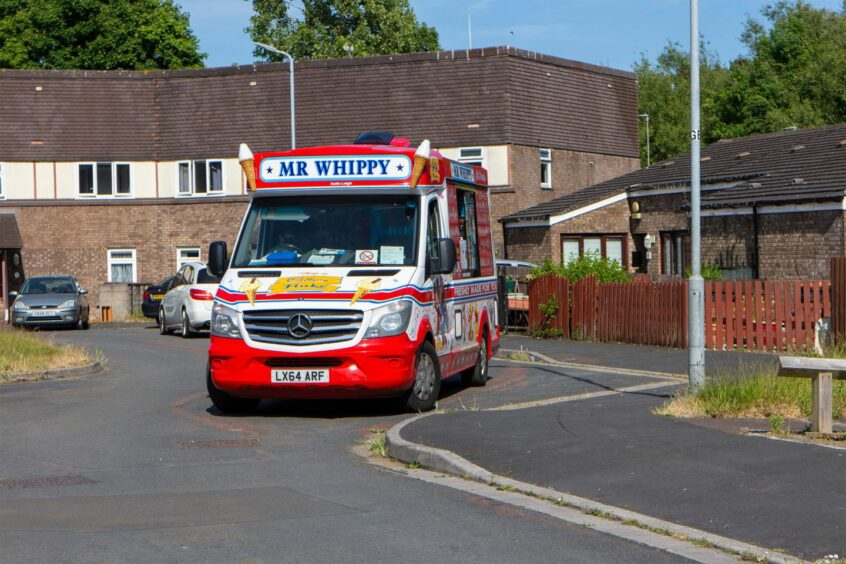
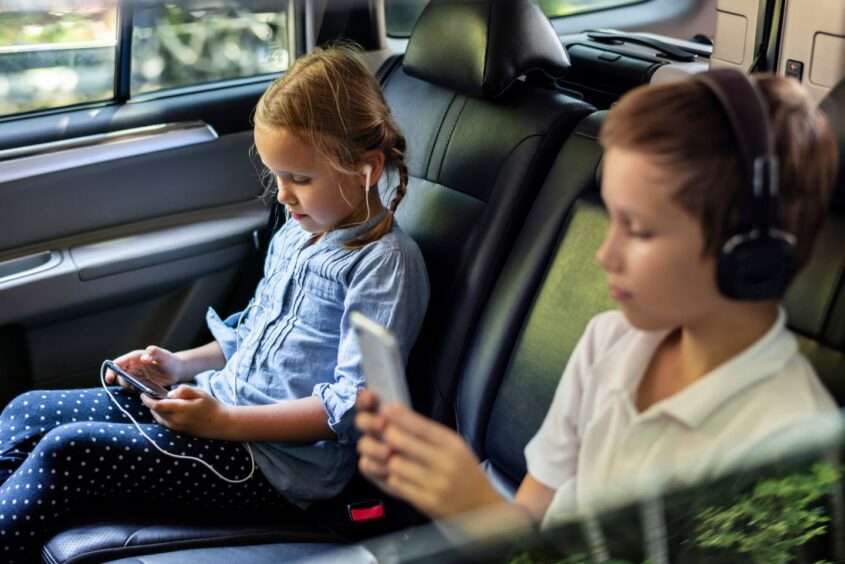
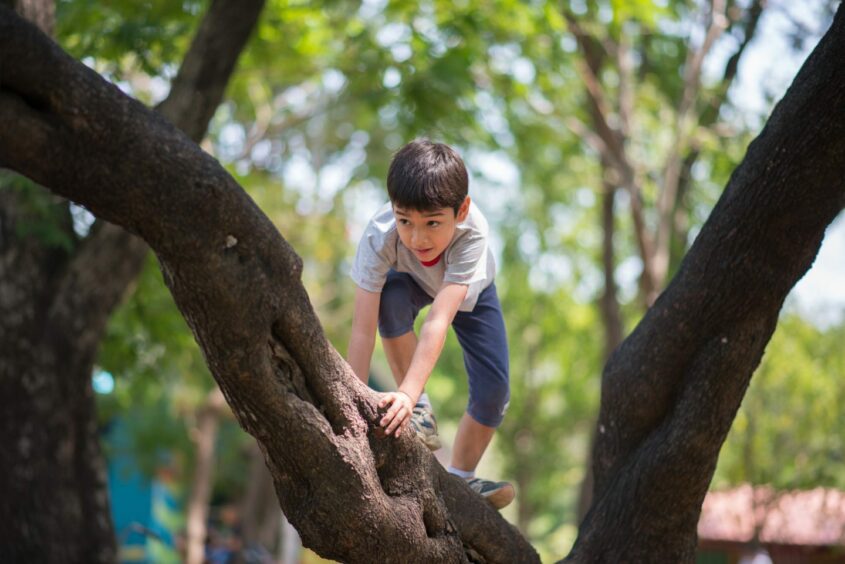
Conversation